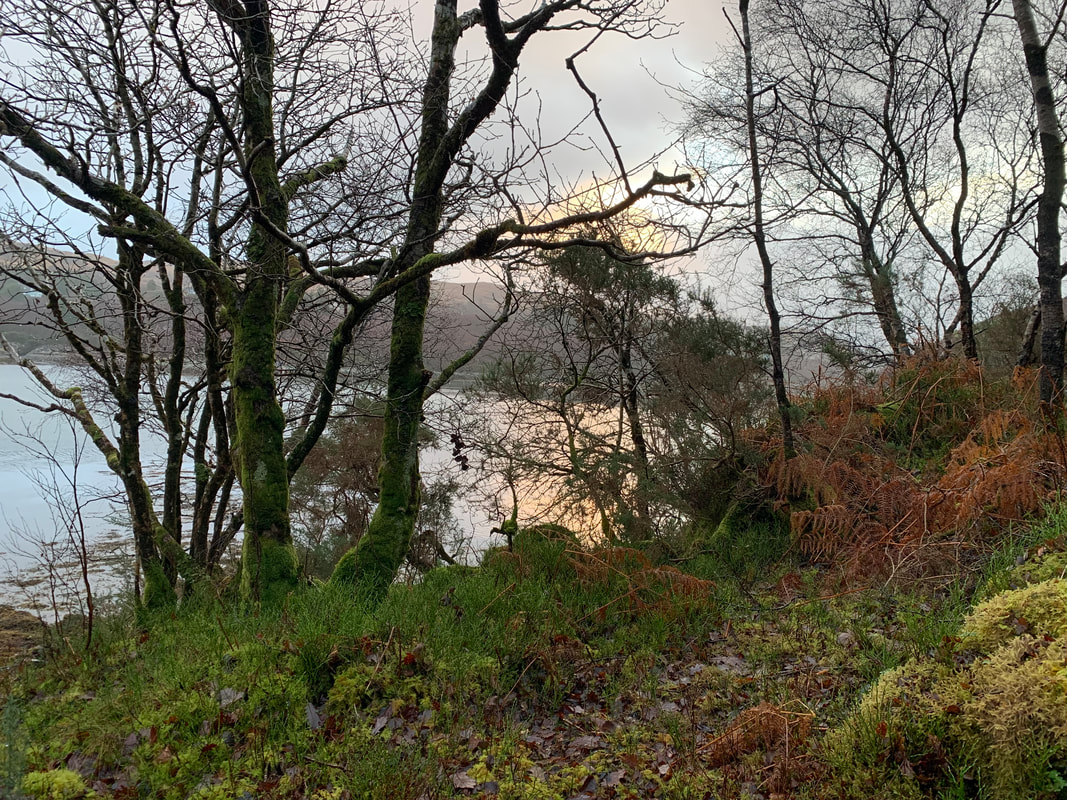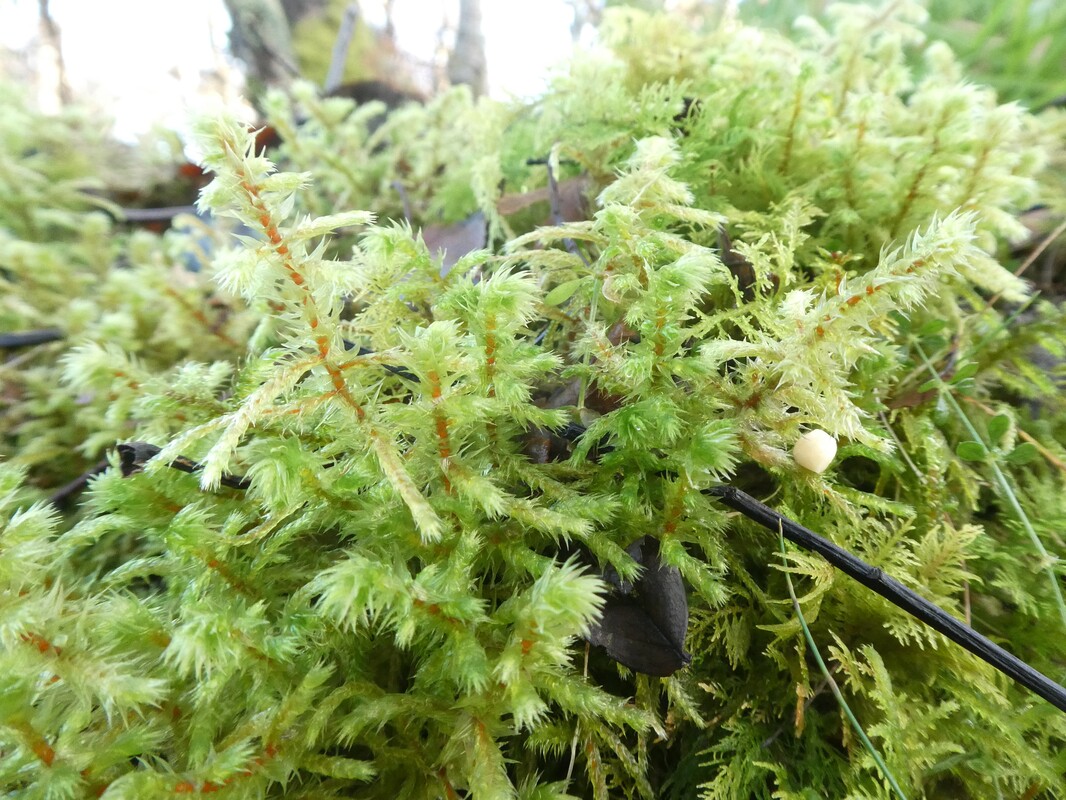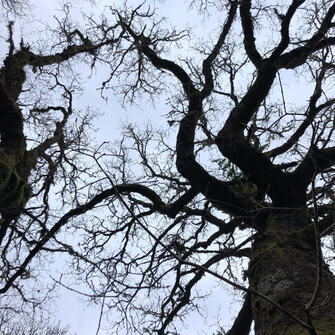|
5/1/2024 2 Comments Time Passing
There was a stillness to the day today. There’s been heavy rain that’s washed away much of the snow, and the ground is waterlogged and heavy underfoot. I sat overlooking the sea, tucked in beside the aspen, hood up to shelter from the squarries of rain that took a while to pass. My lack of writing is not from anything other than a lack of time. My last post talks about a fox under the hill, my baby still curling within my belly. He was born four days after that sleepless night, and how time has danced and disappeared, as fast as they say, and faster still. The boat on the sea twisted on its buoy, though the sea itself looked flat, the wind doing nothing more than whipping up slight eddies that spun and whirled their way across the unmoving tide. Closer, the aspen stood strong. Their stiff twigs like hieroglyphs across the muted sky. The colours were wintery: pastels that made it feel colder than it actually was. The twigs of the rowan held droplets that hung as our Christmas stars hang on the trees. The world was reflected upside down in these tiny globes that shivered, but did not fall, with every breath of wind. They reflected the pastels, but also the brightness of the mosses that adorn the rocks. The detailing even including a miniature me, that sat and looked and pondered and smiled. And wondered how much of this scene would remain in my memory. All I needed was a bird to call, a crow to converse with, but all that passed was a silent gull that didn’t even flap its wings. It felt like a stranger to me, this sea bird so effortlessly comfortable with its ability to ride this meek wind. Previous times I've sat in this same spot pass through my memory. The female otter that swam past, uncaring of my presence. The time I phoned the doctor's surgery to announce my pregnancy "you don't need to tell us", I was told, "you go straight to the midwifery department". The coal tit examining crevices in advance of spring. The melanistic crow that used to visit regularly (but that I now believe has turned to dust and earth). Time and space are precious, these moments gold. I cannot see how I could forget this visit.
2 Comments
|
|



 RSS Feed
RSS Feed
